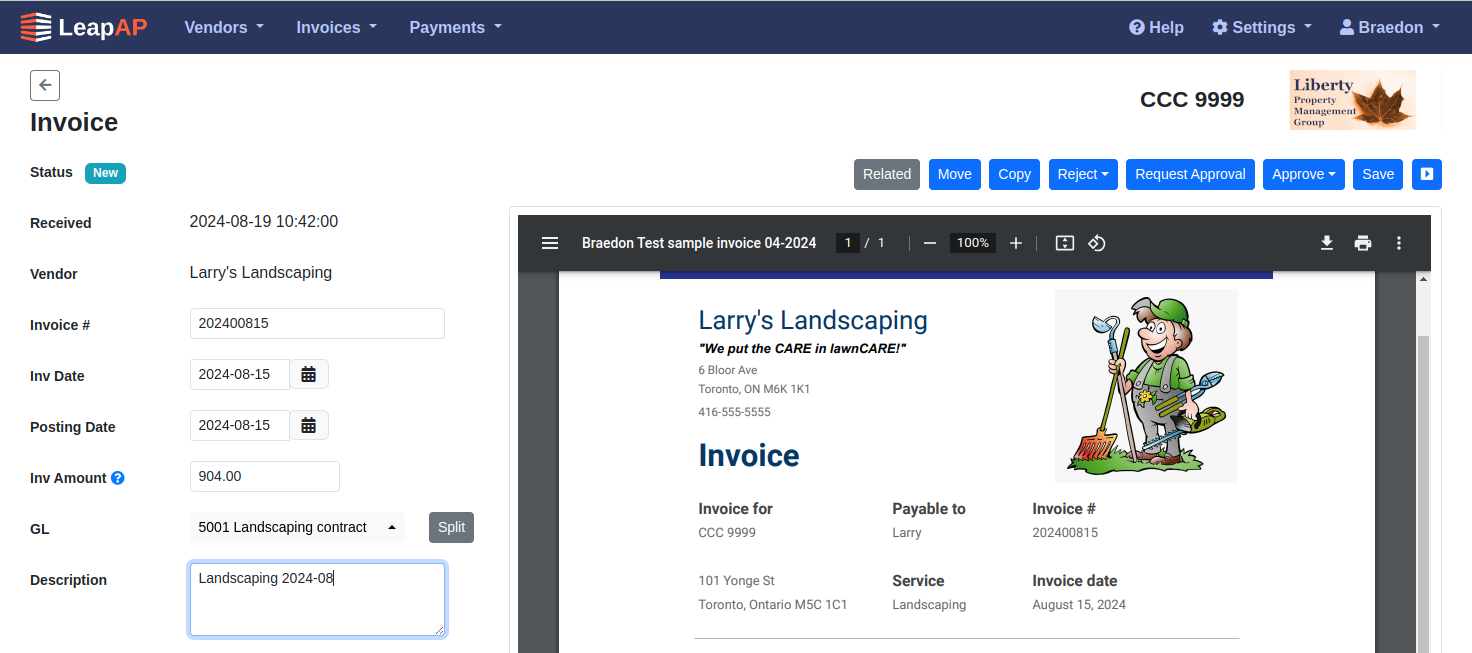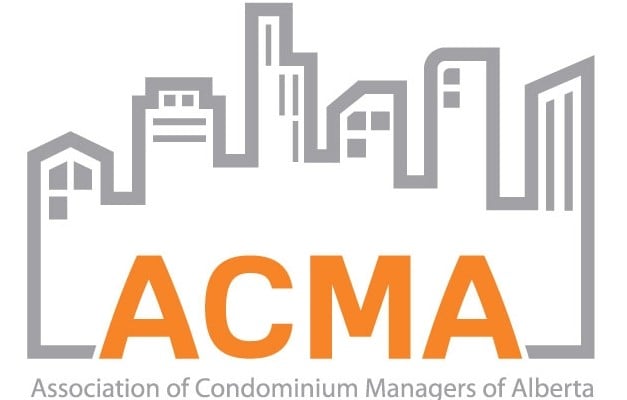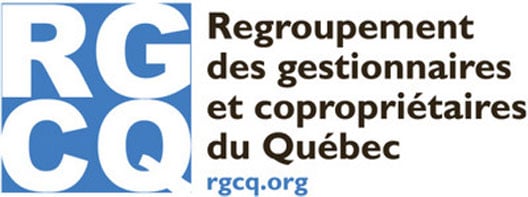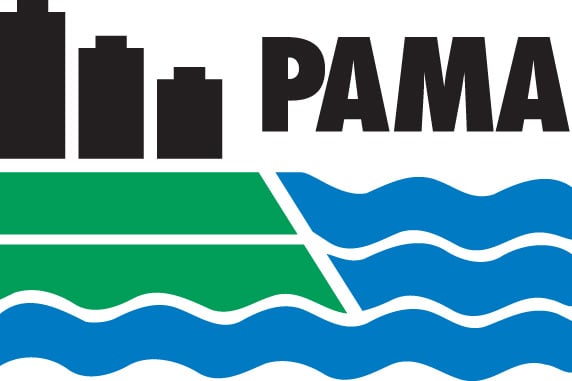Often times, the monthly condo fees paid by owners of condos can be of a significant amount in relation to the capital cost of buying a condo property. It is a fee that we have seen not be sufficiently understood by many owners of condos. In most cases, they are treated as a normal expense of living in the convenience of a condo. But what exactly factors into condo fees, what do you get for that monthly fee and why does it keep going up over time? In this post, we look to demystify some of the concepts surrounding condo fees.
All condos are 'born' the same way. A developer builds a property and then sells the units to buyers. Once a certain amount of units are sold, the ownership of the properties are then transferred to the owners to a condo corporation. That corporation becomes a not-for-profit corporation that is governed by a group of owners who have been elected as members of the board of directors of that corporation. The board of directors are entrusted with the responsibilities of making sure the community is run smoothly by maintaining common areas, ensuring sound financials, and enforcing rules and regulations. This is not only an important job for the daily enjoyment of residents, but is also key in terms of ensuring good appreciation of property values.
So What Exactly Are Condo Fees?
In order for all of the functions laid out about to be carried out, money is required. You guessed it, the money comes from all of the owners that contribute 'condo fees' on a monthly basis to the corporation. The fees collected is what allows the corporation and its board of directors to maintain the property. The amounts paid by each owner varies and is typically correlated to the size of one's unit. And as you may know by now, they are not optional, but rather mandatory.
And What Exactly Do the Condo Fees Cover?
Most have a broad idea of what the condo fees cover, but what more specifically do the amounts paid go into? Typically, these are covered in the corporation's budgets which should be readily accessible for any owners of a condo. If you do not have a copy, feel free to ask your property manager or board member. In general, there are six categories: 1) reserve fund; 2) repairs and maintenance; 3) insurance; 4) utility payments; 5) personnel; and 6) professional management.
1. Reserve Fund
The reserve fund is an amount that is set aside by the corporation for future or unforeseen expenses. In other words, it serves as an emergency fund for the community. If the corporation does not have some cash on hand and is faced with an unforeseen expense, it would come out of the owners' pockets by way of a special assessment. In order to avoid such a scenario, it is very important for corporations to maintain a healthy reserve fund. Some examples of expenses covered by amounts in the reserve fund include: major repairs, repairs from natural disasters and replacement of old machinery.
2. Repairs and maintenance
These are the most obvious uses of condo fees. The maintenance and repair of landscape, pools and so on do not come free. They are services that are retained by the condo board which are all paid for by the condo fees. Some more specific examples of repairs and maintenance work in condos are as follows: landscaping, water and plumbing, elevator systems, internet and cable systems, concierge and front desk, snow removal, and so on. While these may amount to be significant costs, always remember that one of the reasons you chose to live in a condo is for its convenience of not having to deal with all of these as in a traditional non-condo home.

3. Insurance
While we mentioned above that the reserve fund would cover unforeseen expenses, many scenarios can actually be covered by insurance. All condos will have an insurance policy that can cover a wide range of emergencies. The premiums on this insurance come out of condo fees.

4. Utility payments
The air conditioning, heating and other utilities that you enjoy in your condo also comes from the condo fees paid. The good thing about living in a community is that condos typically enjoy lower rates because the utilities are bought in bulk. In some condos, the condo fees can even cover individual utility expenses such as internet and cable.
5. Personnel
The maintenance and janitorial staff that you see regularly in your building typically draws a salary out of the condo fees. They may be a part of a larger company that deploys staff or in some cases, they may even be on the corporation's payroll. Either way, the condo fees cover their services.
6. Professional management
The norm and growing trend today is for the condo corporation to 'outsource' the management of the corporation to a professional condo management company. If you have an excellent management company, this can go a long way to making your condo experience enjoyable. However, finding a great one is not an easy task. We have discussed ways to go about finding the right management company and what qualities to look out for in a property manager. Some management companies are not cheap, but many of them are well worth the money that comes from the condo fees.
It is one thing to understand what factors into condo fees, but another thing every condo-goer should be mindful of is the fact that condo fees WILL increase over time. This is due to the fact that the services required by the condo always go up as well with time. One needs to assess whether the convenience of everything being taken care of is worth the amount paid on a monthly basis in condo fees. If you have questions about condo fees and other financials, please feel free to reach out to our team at Condo Manager.













